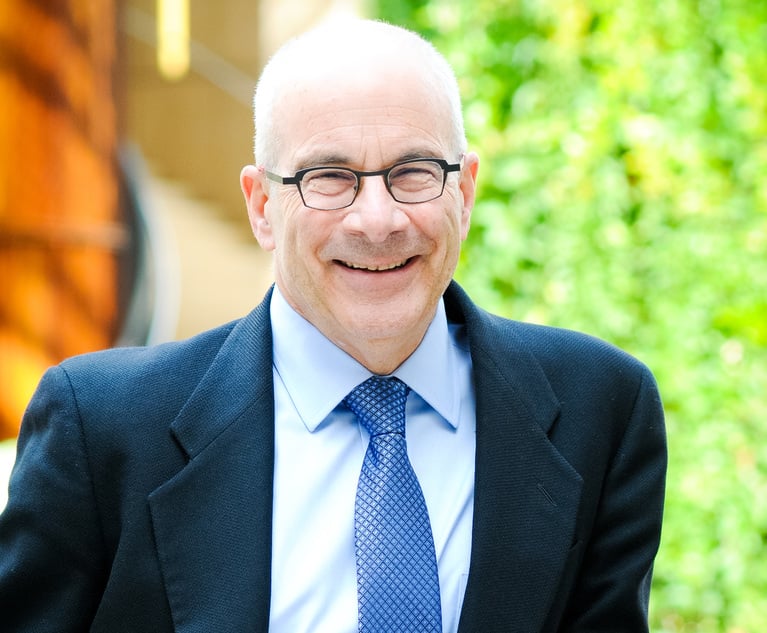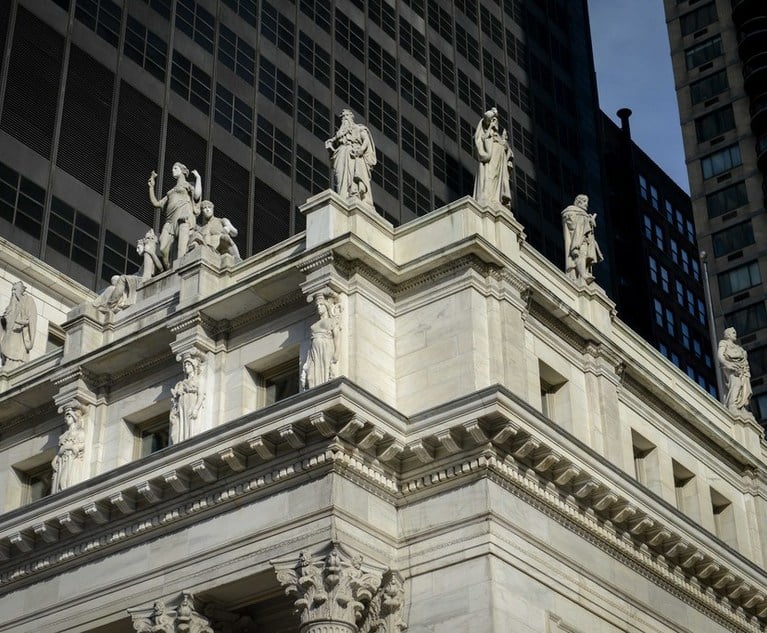Two recent opinions by the U.S. Court of Appeals for the Second Circuit illustrate divergent approaches in the court’s use of certified questions. Under Second Circuit rule, the court may certify an open question of state law to the state court of last resort. Khan v. Yale University, —- F.4th —-, 2022 WL 628128 (2d Cir. March 4, 2022), concerned the scope of Connecticut’s quasi-judicial immunity doctrine. Ferreiras Veloz v. Garland, 999 F.3d 798 (2d Cir. 2021) concerned the scope of New York’s petit larceny offense. In each case, the panel faced state-law questions sufficiently uncertain to warrant use of the certification process. The panels’ approaches to certification, however, diverged widely.
The Khan case, in a decision by Circuit Judge Raggi, is representative of the traditional approach: The Second Circuit expressed skepticism about the defendant’s position but ultimately concluded that it could not predict how the Connecticut Supreme Court would rule on the state-law issue, so it certified questions to the Connecticut Supreme Court. By contrast, in an opinion by Circuit Judge Calabresi, the Ferreiras majority took a less traditional approach, explicitly tipping its hand by telling the New York Court of Appeals how it would “likely” rule if that court declined certification. After the New York Court of Appeals declined certification, the panel ruled in the manner it had previewed. As Judge Calabresi explained, the majority had “sought to put [itself] in the position of an Appellate Division of New York, which, having decided, is open to discretionary review by the New York Court of Appeals.” Ferreiras Veloz v. Garland, 26 F.4th 129, 133 (2d Cir. Feb. 17, 2022) (Calabresi, J., concurring).


 Martin Flumenbaum, left, and Brad S. Karp
Martin Flumenbaum, left, and Brad S. Karp




